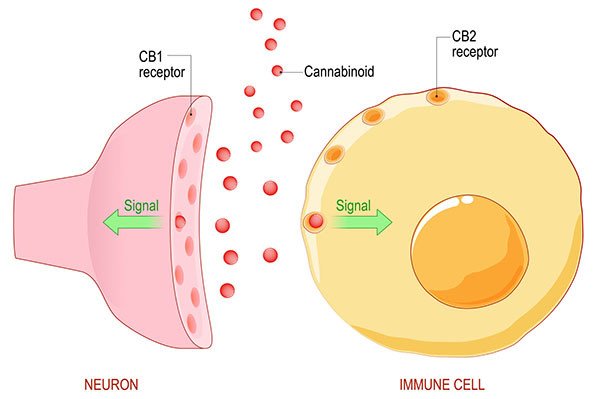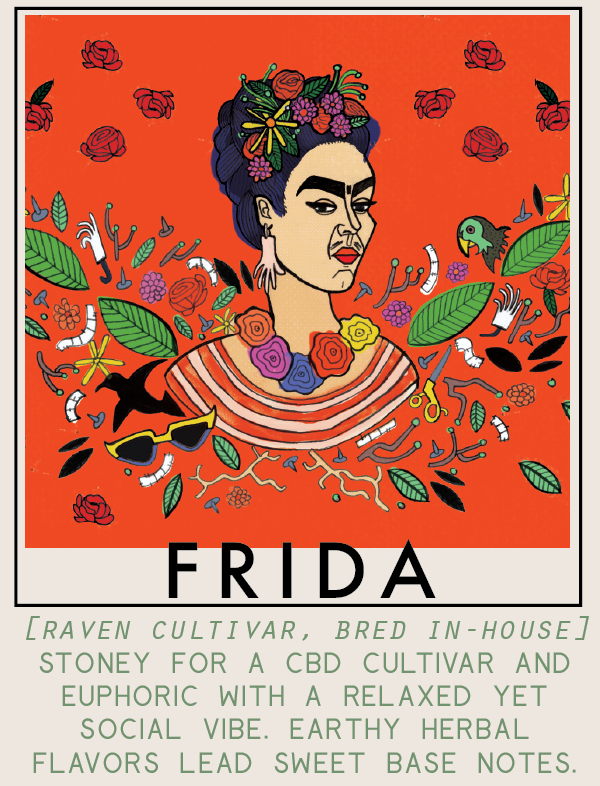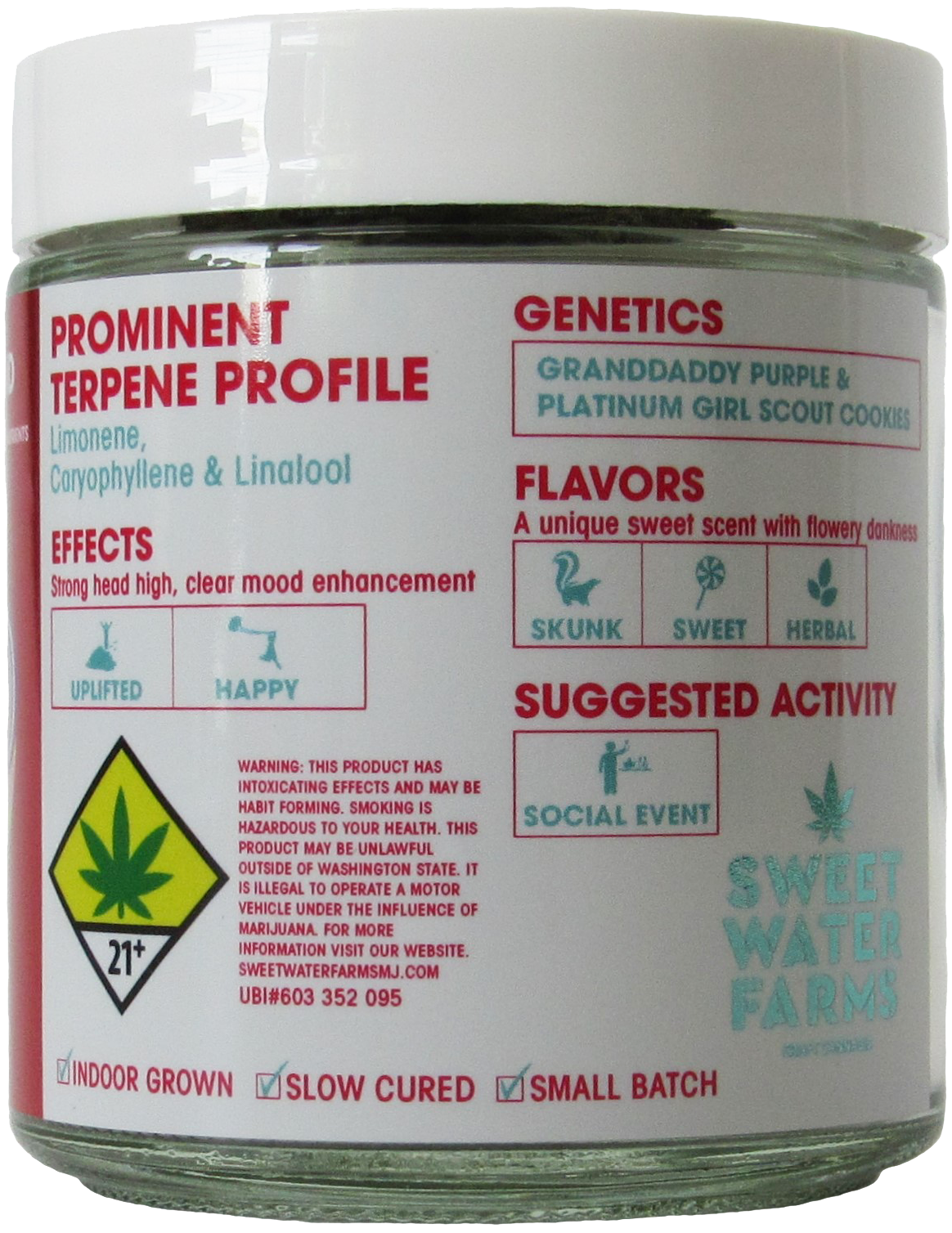Terpenes 101- Caryophyllene
by Rachel Hantula, customer & product manager
More On Terpenes!
Introducing part three of our Terpenes 101 Series, featuring Caryophyllene …
(In case you need a little terpene refresher, visit the first two parts of this series on Limonene and Myrcene!)
Caryophyllene is a very special terpene, one that we are very excited to detail further with you all! If you appreciate cannabis with a great terpene profile then you may well have heard of beta-Caryophyllene. It is also known as ‘b caryophyllene’, β-caryophyllene or simply caryophyllene.
Ever wondered what the difference is between beta caryophyllene and caryophyllene? There is no difference, they are just different names for the same terpene.
Caryophyllene (pronounced “carry-off-fi-leen’”) is found in many different herbs and spices. You can find it in black pepper, oregano, cinnamon and cloves. It’s known for its warm, spicy, sometimes sweet funky aromatics.
Many strains giving off pungent stenches of fuel are the result of an abundance of caryophyllene. If you like the “gassy” strains, you likely enjoy the presence of caryophyllene!
Gluelato by Canna Organix- Glue Strains & Gelato strains are known to have high amounts of caryophyllene!
Remember the Entourage Effect?
Terpenes and cannabinoids work better together. The entourage effect explains how cannabinoids and terpenes work synergistically to engage with our endocannabinoid system.
Cannabinoids and terpenes blend in the human body to modify one another effects and, in essence, create an overall different, or "greater," efficacy based on the same molecules present and, of equal importance, the ratios in which they appear.
In the past, extracting and isolating singular cannabinoids like THC was thought to be the best way to reap the full power of medicinal benefits. However, with ongoing research, this has been proven to be false.
In fact, the combination of all the organic compounds present in a plant is responsible for many of the healing powers once attributed to singular cannabinoids. That means the sum of the cannabis plant is greater than the value of its parts.
Caryophyllene is a truly unique compound that acts as both a terpene and as a pseudo-cannabinoid of sorts.This compound is a bigger molecule than other terpenes.
Caryophyllene’s unique molecular structure allows it to actually bind directly to our endocannabinoid receptors, activating them, unlike any other cannabis derived terpene that we know of, which is why some refer to it as a pseudo-cannabinoid.
Molecule of Beta-Caryophyllene which has a very unique structure
The human body’s endocannabinoid system contains a vast network of receptors located throughout the body. Two major types exist: CB1 and CB2 receptors. CB1 receptors are primarily located in the brain and central nervous system, while CB2 receptors are found mainly in our peripheral organs and immune tissues. When a cannabinoid such as THC is consumed, it primarily binds to CB1 receptors located in the brain and central nervous system, producing a euphoric effect.
As the only terpene to interact with our system as a cannabinoid, caryophyllene plays a major role in the entourage effect. While THC binds with your CB1 receptor, caryophyllene binds with CB2. CB2 activation is known to mitigate some of the less desirable effects of THC, like anxiety and paranoia. CB2 receptors are known to be expressed highly in immune tissues which could also explain caryophyllene’s noted ability to combat inflammation.
Additionally, it is thought that adding caryophyllene to a CBD regimen can increase the efficacy of CBD, allowing a body to better absorb the CBD with smaller doses.
Caryophyllene also increases the anti-inflammatory properties of THC (typically known to be more of an analgesic) while activating your CB2 receptor for a more balanced high.
Although caryophyllene does bind to our endocannabinoid receptors, it does not produce any intoxicating effects on its own. Activating the CB2 receptor, specifically, doesn’t cause any of the euphoric feelings of cannabis, but it does provide many of the benefits associated with activating those receptors, such as reducing inflammation.
Many cultivars high in caryophyllene are known for their deeply therapeutic, calming effects on the mind and especially the body for this reason.
This terpene is found in many of the known cannabis strains. In some varieties, it can make up to a third of their essential oil content. This terpene is also present in many hybrids that can provide relaxation and reduce anxiety. Due to its aroma, caryophyllene is easy to detect in a strain.
Caryophyllene is notorious for its spicy aromatics
One of our favorite cultivars high in caryophyllene here at Hashtag is quite the extraordinary lady, Frida. Looking for a powerful yet calming full body experience?
Check out Frida by Raven Grass. Frida is a cross of AC/DC and DJ Shorts Whitaker Blues. This strain harnesses the power of the entourage effect to provide mind & body relief like no other. Combat the day's stresses and lighten your load with a puff of Frida.
Frida is a high CBD strain, two parts CBD to one part THC. The high abundance of caryophyllene only adds further to the intensely therapeutic experience that Frida provides! While rich in CBD, this strain is still enjoyable and uplifting with gentle psychoactive effects.
Friday by Raven Grass
According to Leafly, these are strains also typically contain higher than average concentrations of Caryophyllene:
GSC
Bubba Kush
Sour Diesel
Chemdog
Candyland
Death Star
Original Glue
Cookies and Cream
Gelato
The White
Master Kush
Additionally, Caryophyllene is found in high levels in many strains of the Cookies family—Platinum GSC, GSC, Cookies and Cream, and Candyland (Platinum Cookies x Grandaddy Purple).
Caryophyllene can also be found in abundant amounts in topicals & tinctures and other wellness products due to its unique abillity to bind with our CB2 receptors directly.
And as always, remember, the experience you get when consuming a cannabis product depends on the entirety of its cannabinoid & terpene profile.
Always experiment to find what works best for you!









